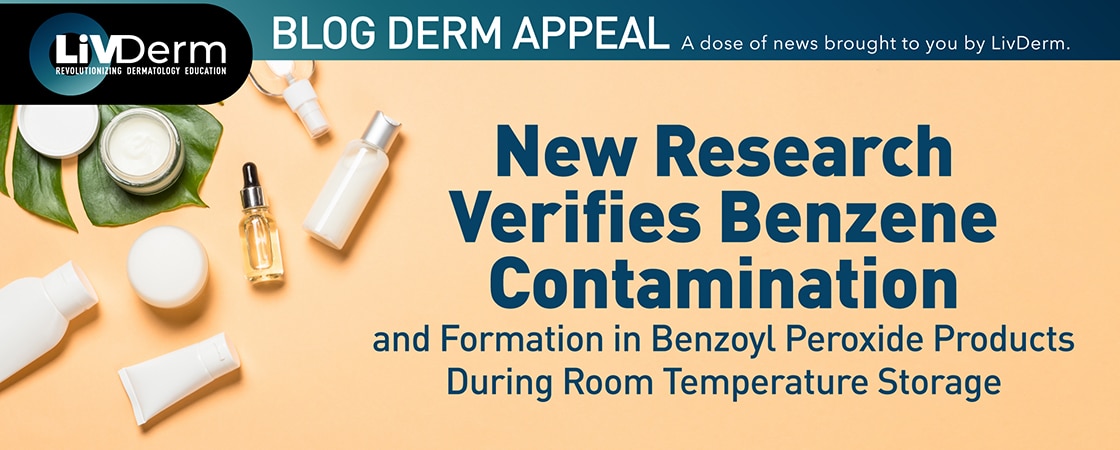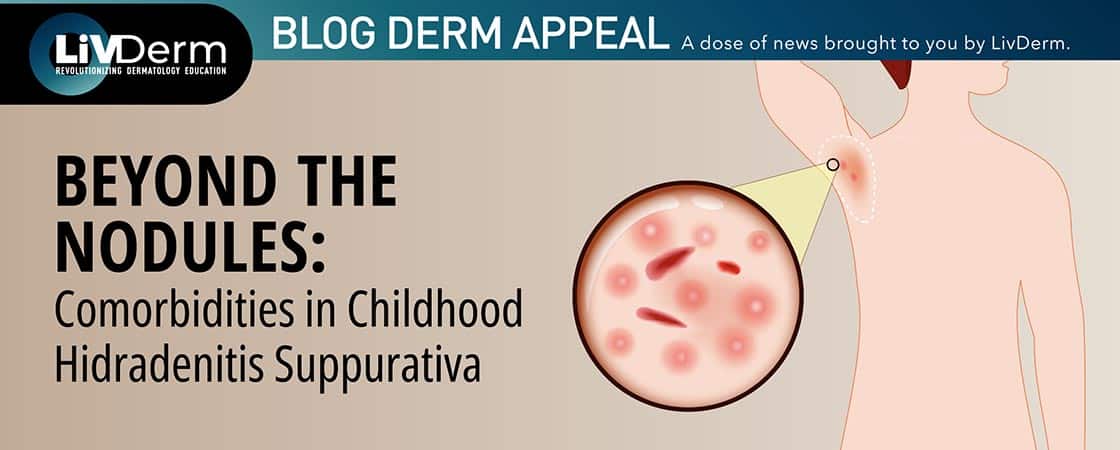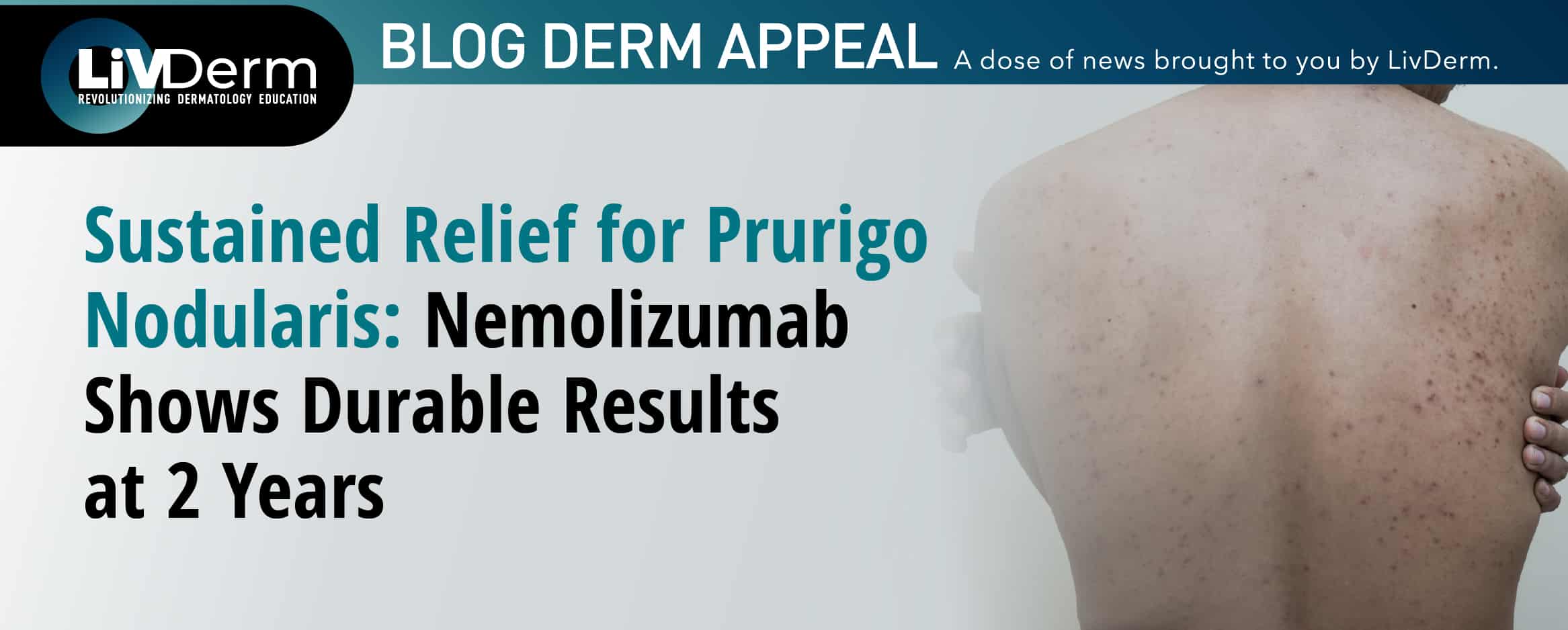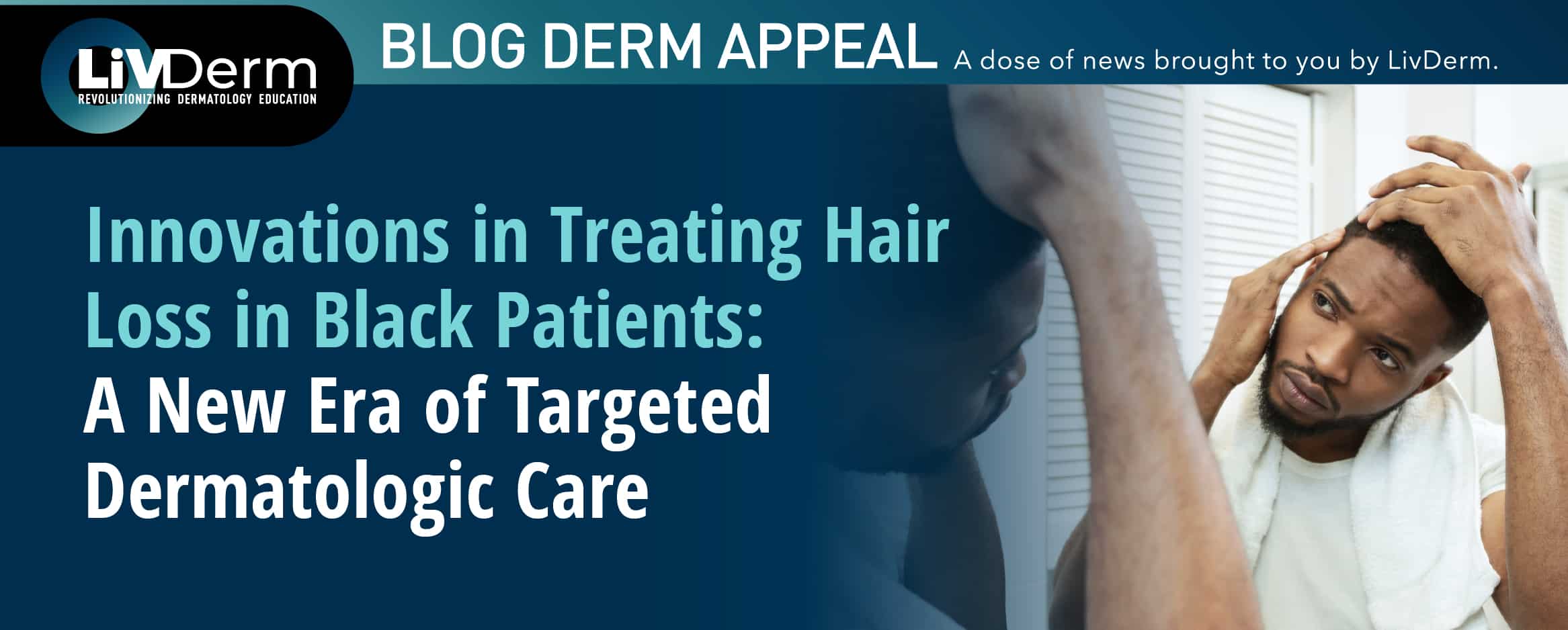A new study published in the Journal of Investigative Dermatology has validated earlier concerns regarding benzene contamination in acne products. This builds on findings previously published in March 2024 by Valisure, LLC, an independent testing laboratory, which reported the detection of benzene in several benzoyl peroxide (BPO) acne products.
Recent research has now provided definitive evidence that benzene, a known carcinogen, is present in BPO formulations even when stored under standard room temperature conditions. This not only raises significant safety concerns for patients using these products, but it also underscores the need for more stringent safety recommendations and revised storage guidelines.
The latest study aimed to investigate the safety of BPO products by addressing three critical areas of concern. First, researchers sought to determine whether BPO products currently available on store shelves already contain unsafe levels of benzene. They also evaluated the effectiveness of microencapsulation technology in minimizing benzene formation, with a focus on the product Epsolay. Finally, they explored the amount of benzene exposure a user might experience when applying these products and subsequently being exposed to sunlight.
Background and Previous Findings
The concerns surrounding benzene contamination in acne products gained momentum earlier this year when Valisure’s initial investigation uncovered alarming levels of benzene in several BPO acne products. This discovery prompted widespread apprehension and raised critical questions about the overall safety of these commonly used skincare products.
Valisure’s study, which analyzed 66 over-the-counter (OTC) and prescription-based acne products containing BPO, revealed benzene concentrations reaching up to 12 times the permissible limit of 2 parts per million (ppm), although there is no safe level of benzene. They also reported that these already high levels of benzene increased significantly when subjected to higher temperatures, tests which were conducted in order to replicate how the products can break down over time.
As a result of their findings, Valisure filed a Citizen’s Petition with the U.S. Food and Drug Administration (FDA) to request an investigation into the situation as well as the immediate recall and removal of these BPO-containing products from the market.
Unveiling the Latest Findings
This new comprehensive study has significantly deepened our understanding of benzene contamination in BPO products. Researchers tested 110 products from major U.S. retailers across multiple states, including California, Connecticut, Florida, Illinois, New York, and Texas. The results revealed that these products “appear to be substantially contaminated with benzene when tested shortly after being acquired off the shelf.” According to the report, a total of 38 products—representing 34% of those tested—contained benzene levels exceeding the FDA’s conditionally restricted limit of 2 ppm for benzene for drug products.
Furthermore, the study found that product formulation emerged as the primary factor in contamination levels rather than the storage location or product age.
“The results of the products sampled in this study suggest that formulation is likely the strongest contributor to benzene concentrations in BPO drug products that are commercially available, since the magnitude of benzene detected correlates most closely with specific brands or product types within certain brands.”
The study’s findings on UV exposure and benzene formation revealed that when exposed to UV light at just one-third the intensity of peak sunlight, benzene formation occurred at a substantial rate. Tests indicated that approximately 4.36 ppm of benzene was generated in the chamber per hour of UVA/B exposure. It is important to note that benzene production ceased immediately once the UV light was turned off. These results strongly support the need for clear warning labels advising against sun exposure when using BPO products.
The influence of temperature on benzene formation was further underscored during testing of the prescription BPO product, Epsolay. Approved in 2022 as the first topical treatment for adult rosacea, Epsolay contains a 5% BPO formulation. When this product was kept in refrigerated storage, which is what is recommended by the American Acne and Rosacea Society, it remained stable. However, when subjected to elevated temperatures of 50°C, it reached 2 ppm of benzene within approximately 5 hours of incubation. With continued exposure at 50°C, benzene levels escalated, reaching 130 ppm by the end of a two-week period. These findings reinforce the recommendation to store BPO products in refrigerated conditions to maintain safety and stability.
What This Means for BPO Products
The recent study raises critical concerns about BPO products as it concerns benzene formation. Given that BPO products release measurable amounts of benzene even at normal body temperature, questions are being raised about the safety of their everyday use. Additionally, as noted in the study, benzene formation increases significantly when these products are exposed to elevated temperatures.
According to researchers involved in this study, “The results presented here suggest that a substantial portion of the BPO acne treatment market currently contains unacceptably high levels of benzene in products sitting on the shelf and that stabilization techniques like encapsulation do not appear to prevent the formation of benzene in BPO drug products. In addition to elevated temperatures expected during use and transportation, UV exposure at levels expected outdoors is another concerning mechanism for the degradation of BPO drug products into benzene, and one that appears more rapid in the formation of benzene than heat. In the interest of public health, further study and regulatory and industry actions, such as recalls, are warranted.”
Weighing in on these recent findings, David Light, co-founder and president of Valisure, LLC, states, “Benzene is not a potentially dangerous chemical; it is well known to cause cancer in human beings, and there’s been studies on it for over 100 years. It’s extremely well-accepted, and that’s why there’s law around it… I think it’s especially concerning for something like benzoyl peroxide acne treatments that can be used over the counter; there’s obviously a lot of people using them, and they can be used in high quantities.”
Regarding the path forward in light of the issue and how practitioners can reduce potential risks, Christopher G. Bunick, MD, PhD, study author and associate professor of dermatology and translational biomedicine at Yale University School of Medicine in New Haven, Connecticut, notes,
"For colleagues with questions or concerns, I encourage them first to read carefully the primary research articles. Then, the single most immediate step they could take to mitigate concerns about using benzoyl peroxide products or patient fears is to encourage refrigeration of the medicine at all times, replace the medicine every ~12 weeks, and avoid storage in or near heat and sunlight."
Sources:
- Kucera K, Zenzola N, Hudspeth A, et al. Evaluation of benzene presence and formation in benzoyl peroxide drug products. J Invest Dermatol. October 7, 2024. https://www.jidonline.org/article/S0022-202X(24)02155-9/fulltext
- BREAKING NEWS: Additional study confirms reports of benzene presence, formation in benzoyl peroxide products at room temperature. (2024, October 7). Dermatology Times. https://www.dermatologytimes.com/view/breaking-news-additional-study-confirms-reports-of-benzene-presence-formation-in-benzoyl-peroxide-products-at-room-temperature
- Second study finds cancer risk in Proactiv, Clearasil and other acne creams. (2024, October 7). Bloomberg.
- Valisure’s David Light Shares Insights Into Newly-Published Benzene and BPO Data. (2024, October 7). Dermatology Times.

















